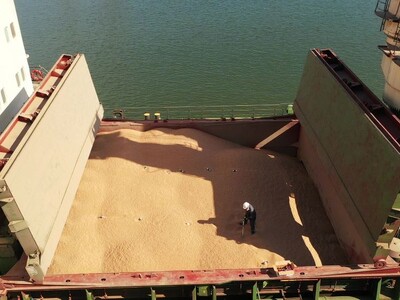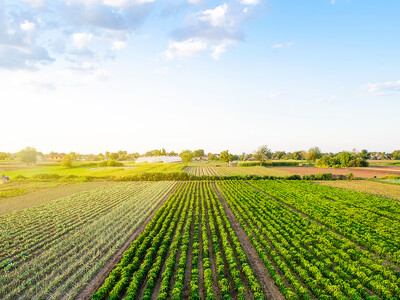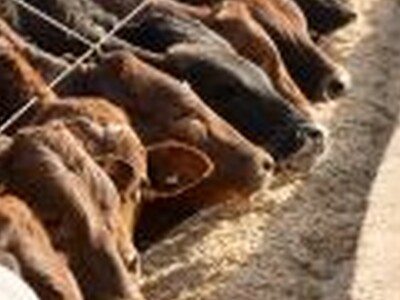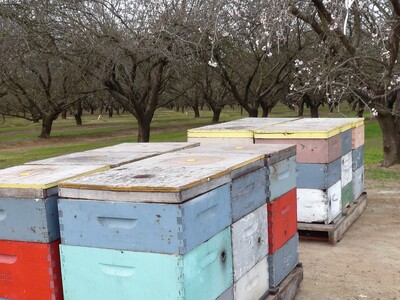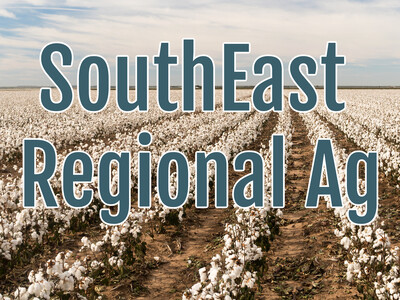Are bison hard to handle
Today’s shoppers are increasingly seeking more information about the source of their food, and the way it was produced. This is particularly true of bison customers. They tend to be discriminating shoppers, with a strong interest in responsibly raised meat. Because they pay a premium price for bison meat, they expect—and deserve—to know how the animals were raised and finished. Every responsible bison rancher develops finishing protocols based upon their available land base, access to feedstocks, customer expectations, and a myriad of other factors. While those factors vary, bison producers are united in their commitment to responsible animal husbandry, environmental stewardship, and providing their customers with a great tasting, nutritionally superior product.All of this sounds terrific but I asked Jim Matheson, Asst. Director of the National Bison Association if bison, being far less domesticated than cattle, were dangerous or difficult to handle. In the big picture, no, they're not. And essentially these animals were never domesticated, so technically we are raising a wild animal because it takes so long to domesticate a species. Of course, we try to use those wild instincts to our advantage. They still calve on their own. We're not out there pulling calves. They fend for themselves. Predation is not an issue. Their metabolism slows way down in the wintertime. So handling can be a little bit tricky. The good part, I suppose, is that we only handle about once a year out West in your neck of the woods, and we're here in Colorado. So typically we round those animals up in the fall and do any weaning, any vaccinations that we have to, etc. But otherwise they are out fending for themselves out in the pasture.




